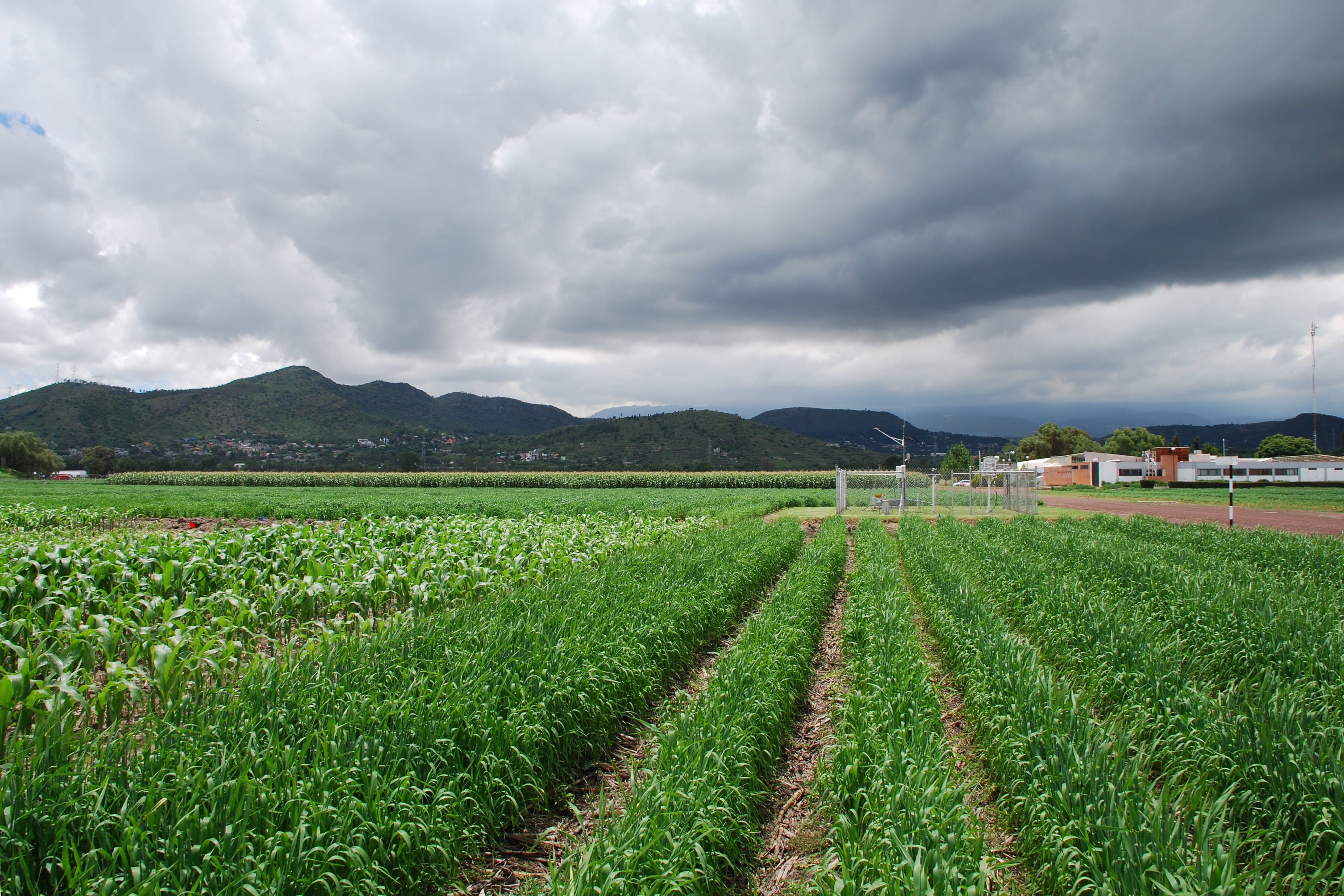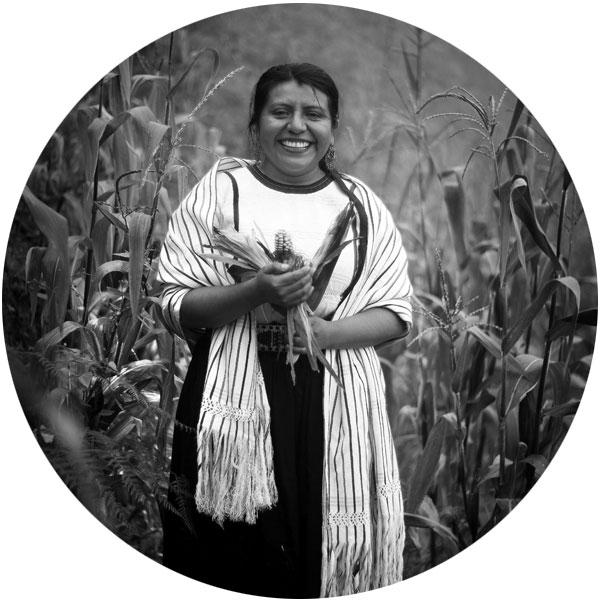Earth observation data cubes for water resources management
Data has become one of the most valuable resources of the 21st century. Indeed, data can be considered the most important input when it comes to make informed decisions. The recent global pandemic crisis highlighted the vital role of data for reporting accurate case numbers and outbreaks, identifying the most vulnerable demographics, and understanding the most effective vaccines, to mention few. Data also plays a key role when it comes to sustainability.















